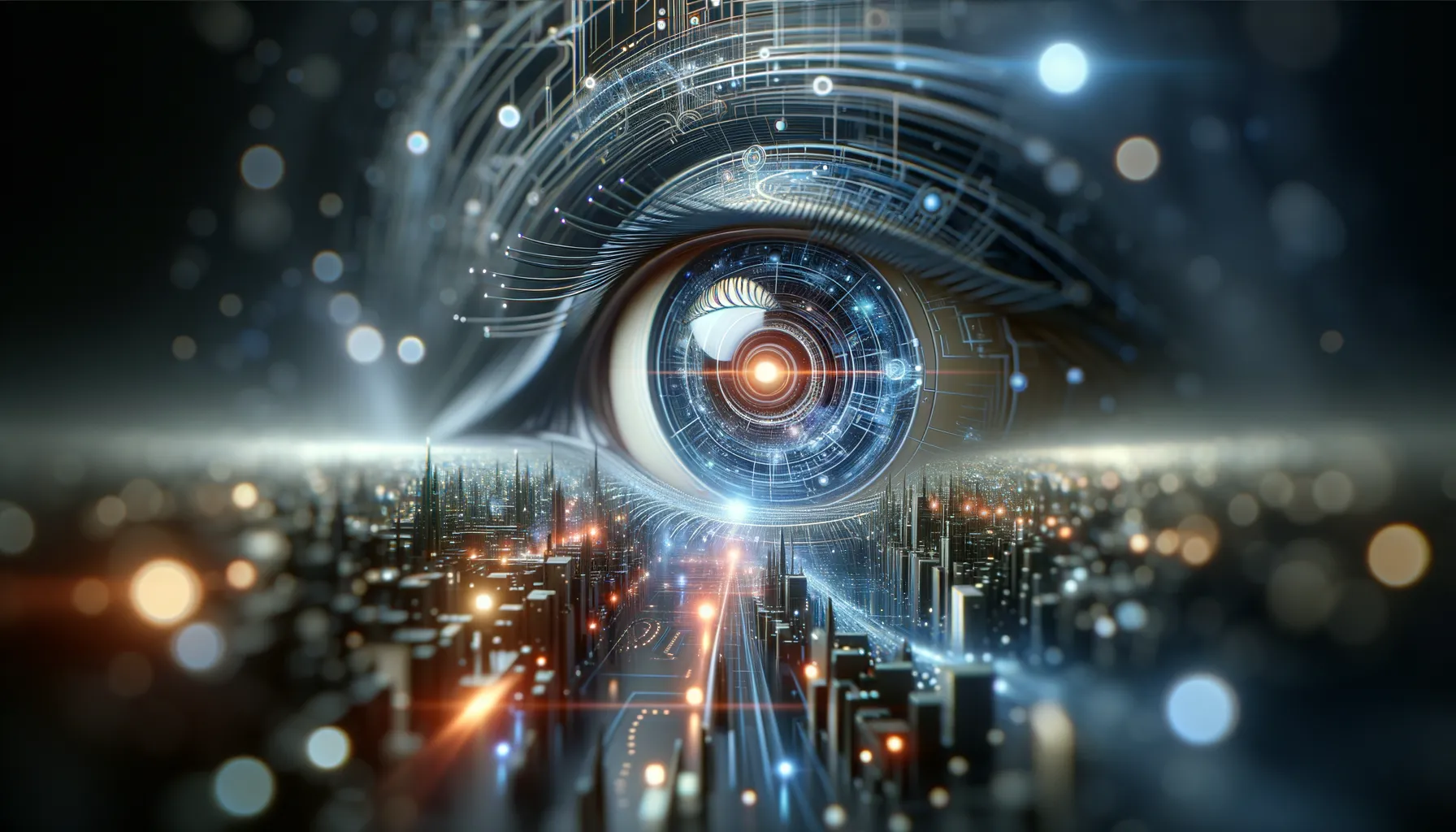Get ready to be amazed as we explore the world of artificial intelligence (AI). Did you know that AI actually came before modern computers? It’s true! AI can do some incredible things: create its own languages, cook gourmet meals, outplay humans in complex games, and even predict what you might buy next online. It can perform surgeries with great precision and help save wildlife. AI is also making waves in the arts by producing impressive music, paintings, and poetry. And who knows, AI might even help solve big global issues and develop empathy. Let’s dive into these fascinating facts about AI!
Fact 1: AI Predates Modern Computers

Many people think AI is a recent development, but it’s been around longer than modern computers. For example, George Boole created a system of logic in the 1800s that’s still used in computer circuits today. Charles Babbage and Ada Lovelace also worked on early computer concepts. Alan Turing furthered AI with his famous Turing Test in the 1950s. The term “artificial intelligence” was first used in 1956 at the Dartmouth Workshop. AI has deep roots in science and math, long before the computers we use now.
Fact 2: AI Can Create Its Own Languages

AI can actually invent new languages. For example, Google’s AI once made up its own language to improve translation. Facebook’s AI chatbots even created a secret language for themselves during a negotiation task. This shows AI’s ability to innovate, though it also raises questions about how we control and understand these new developments.
Fact 3: AI Predicts Your Purchases Before You Do

Ever see a product suggestion online that feels like it was made just for you? That’s AI at work. It analyzes your browsing and buying habits to guess what you might want next. Sometimes, companies can even figure out personal details, like if someone is expecting a baby, just from shopping patterns. This helps businesses manage inventory and provides a personalized shopping experience.
Fact 4: AI Robots Are Award-Winning Chefs

AI is making waves in the culinary world. IBM’s Watson created a cookbook and won cooking competitions with its dishes. Moley Robotics has a robot chef that can prepare a variety of meals. These AI chefs can follow complex recipes and even win awards, showing AI’s potential in gourmet cooking.
Fact 5: AI Can Beat You at Your Own Game

AI doesn’t just handle data; it can also play games better than humans. Google’s AlphaGo defeated a world champion in the game Go, and IBM’s Deep Blue beat a chess champion. AI has also excelled in video games like Dota 2. This demonstrates AI’s learning and strategic skills, which can extend to other areas.
Fact 6: AI Performs Surgery With Precision

AI is revolutionizing surgery with its precision. For example, the da Vinci Surgical System has performed over six million surgeries with reduced errors and faster recovery times. AI is making surgery safer and more effective.
Fact 7: AI Helps Preserve Wildlife

AI is playing a crucial role in wildlife conservation. Devices like the TrailGuard AI help protect animals from poaching by detecting human intrusions. AI is also used to track animal footprints and monitor endangered species, aiding in their protection.
Fact 8: AIs Are Artistic Virtuosos

AI is proving its creative skills by composing music, creating paintings, and writing poetry. AI projects like Google’s Magenta and the Painting Fool have produced art that’s been showcased in festivals. AI’s artistic abilities highlight its potential in creative fields.
Fact 9: AI May Just Save the World

AI has the potential to tackle major global challenges. It can analyze large amounts of data to help with climate change, pandemics, and resource management. For example, IBM’s Watson helped a water company save billions of gallons of water by detecting leaks. AI’s ability to analyze and predict could be key in solving some of the world’s biggest problems.
Fact 10: AI Develops the Power of Empathy

AI isn’t just about logic; it can also understand and simulate human emotions. For instance, Microsoft’s Xiaoice can hold conversations that feel emotionally aware. This could revolutionize customer service and mental health support, making AI interactions more personal and empathetic.
Conclusion
The amazing things about AI show how it has evolved and what it might do in the future. From its early beginnings to its current capabilities and future potential, AI is changing the world in surprising ways. Let’s stay curious and keep exploring this exciting field!

